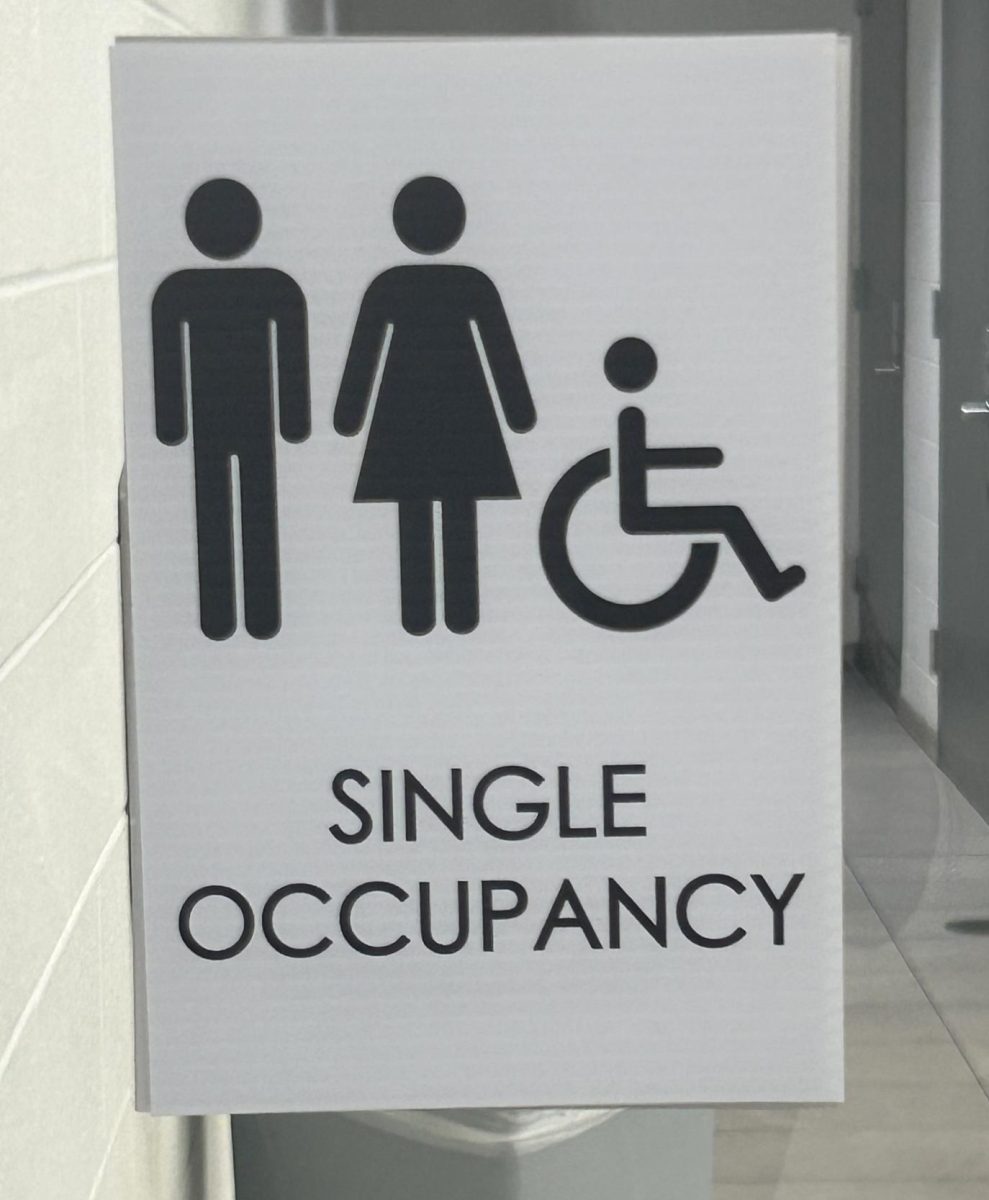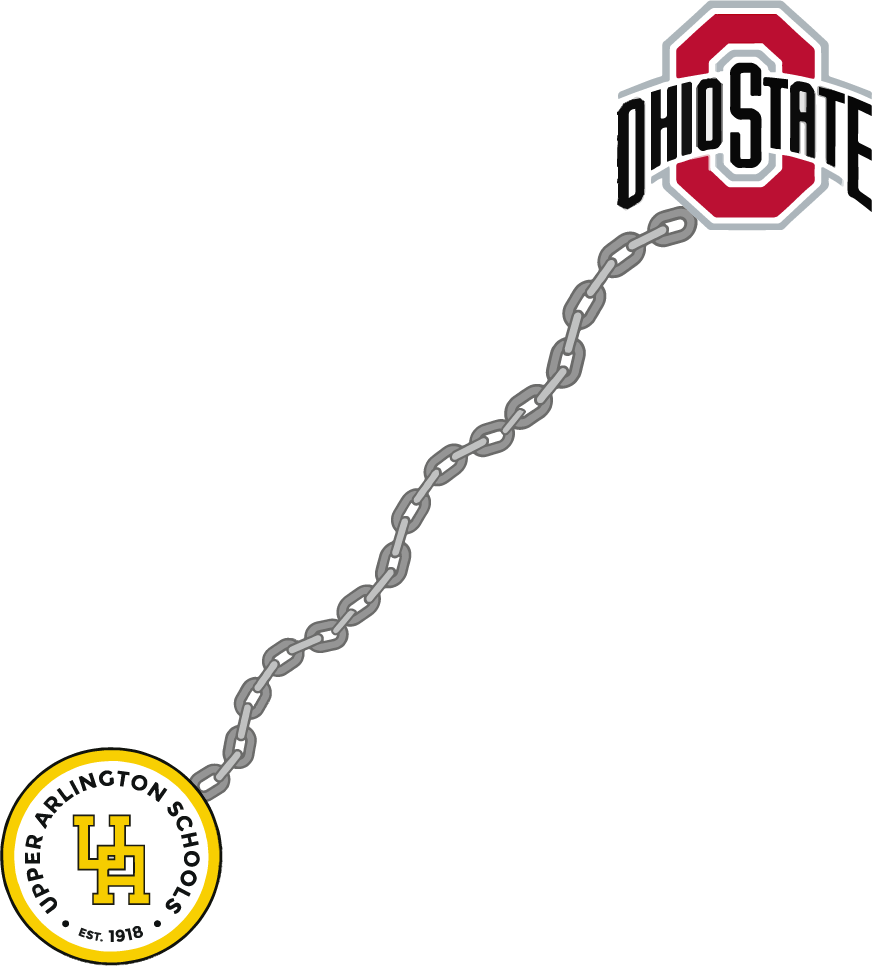1. Start writing your college essay now! Once admissions roll around in the fall, you’ll be busy, stressed, and highly unmotivated to write it, so by starting it now you can just revise and edit it to your liking before you submit it to colleges.
2. Ask the teachers who you would like to have write your letters of recommendation to do so before this summer; this gives them time to get an idea of how many students they will be writing for, and you are securing a spot on their list the earlier you ask.
3. Start filling out your Common App information on Aug. 1 so you can dedicate more time to your essay and supplementary questions. The more you can get done earlier, the better!
4. Reuse your responses for supplementary questions because it is less work for you and you are able to put more time into crafting a response you are proud of. Many schools have similar questions about your interest in your major, so why not kill two birds with one stone?
5. Stay organized!!! Creating a Google Doc or Spreadsheet to keep all your information in one place makes your life so much easier.
6. Find a unique topic to write your essay on! There are hundreds of other students with the same grades, activities, and leadership opportunities, so pick something that differentiates you from them.
7. Generate a list of schools you plan to apply to over the summer, but don’t be afraid to edit it throughout the admissions process!
8. Go test optional if you feel your ACT or SAT score is not reflective of your academic abilities.
9. Make sure you have a meaningful relationship with the teacher who is writing your letter of recommendation so they are able to accurately portray you as not just a student, but as a person.
10. Get as many people as possible to read your essay and supplementary questions – the more feedback, the better!
11. On Common App, use the “Additional Information” box to expand on your accomplishments! The “Activities” boxes have a maximum of 150 characters, so get the basics of that activity down, and then go into further detail of what the activity is in the additional space.
12. Meet with the admissions representatives from colleges when they visit! This shows your interest in the school and gets your name in their system.
13. Ask current or former students of a school you are interested in about their experience. Getting some informal information about dorm life, the surrounding areas, and the overall student experience at the school is just as important as the information posted on a website.
14. In your supplemental responses, refer to specific opportunities that the college offers to show that you have done research on their program and have a profound interest in the school.
15. Get two letters of recommendation written for you! Some schools don’t require any or only require one, but it never hurts to submit an extra recommendation of your character.
16. Edit, edit, edit! Grammatical, spelling, and language errors are easy to avoid and a basic error that colleges do not want to see – this goes for personal information too, like your activities.
17. Your essay is not an extended resume; your topic should tell a story because this is your chance to demonstrate that you are more than the numbers and activities on your application.
18. Go on in-person tours! If you have the opportunity to stop by a campus, whether that is a formal tour or just walking around, take it. Experiencing the environment first-hand helps give you an idea of what the school is like.
19. Don’t be afraid to scrap your essays or responses! If you write about one topic, but find that another is more powerful and meaningful, go with the second.
20. Create a balanced list of stretch and safe schools and in-state and out-of-state. You never know if you might change your preferences!
21. Get an idea of what scholarships you would be eligible for at the schools you are looking at because some schools have scholarship deadlines before their admissions deadline. By looking ahead of time, you get an idea of what work you need to do.
22. If you’re unsure about applying to a school, just do it! There is no harm in having an extra option.
23. Your essay should not be your whole life story. Instead, colleges want anecdotes of what you did, why you did it (why is this important to you?), and what was the result or impact of what you did.
24. Some colleges require a counselor’s letter of recommendation, so be sure to look when admissions open so your counselor has time to write one.
25. Identify the essay prompt you chose. You should be using the key terms of the question throughout your response.































